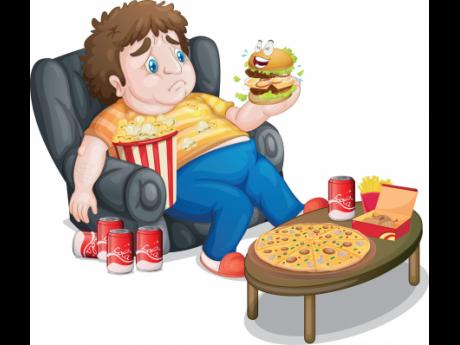Are you worried about CHOLESTEROL?
cholesterol-free diet (like strict vegetarians) can still have high cholesterol. Many of the 'low-cholesterol foods' being advertised are so full of sugar and carbohydrates that you are swapping 'black dog for monkey' when you use them hoping to lower your cholesterol.
Find the cause
The common causes of elevated cholesterol include poor lifestyle practices - a high-carbohydrate diet, obesity, lack of exercise, chronic stress, some medications, and hormonal imbalance. It is vital that you detect the cause for your high cholesterol and correct that problem before jumping to drug therapy.
Drugs for cholesterol
The popular cholesterol-lowering drugs (the statins) act primarily by suppressing the liver. I call them liver toxins. People on most of these medications need to do regular liver tests looking for signs of liver damage. Yes, statins damage the liver.
Statin use is also associated with a long and scary list of potentially severe side effects. These drugs may damage the heart itself and contribute to heart failure. Muscle pains and muscle damage; brain and the nervous-system problems, including memory loss, and depression are well-known complications. They may also cause digestive problems, including stomach upset and constipation.
Drugs to lower cholesterol should, in my opinion, be used with great caution. If you happen to be on these drugs, I strongly advise taking a supplement called coenzymeQ10 to reduce the risk of side effects. These statin drugs deplete the heart, brain, and muscles of this important substance.
If you want to use a 'drug', I would recommend more harmless substances like polycosanol, made from the sugarcane plant (available by prescription as Arteriomixol), or a yeast extract from red rice - red rice yeast.
NATURAL CHOLESTEROL CONTROL
Lifestyle plays a major role in balancing cholesterol levels, and lifestyle modification should be the first and most important part of any programme for lowering cholesterol.
FOOD: Let your food be your medicine, but do not just focus on low-cholesterol foods, as is usually recommended. A diet high in fibre and healthy protein, low in saturated and hydrogenated fats, and low in simple carbohydrates (especially sugar, flour, and rice) is ideal. Specific cholesterol-lowering foods include soy, green tea, oats, garlic, and ginger. I strongly recommend 20-plus grammes of soy protein, a few cups of green tea, plus lots of fibre, and eight glasses of water daily.
WEIGHT CONTROL: Correct even mild obesity, with particular focus on losing fat from around the waist. This is vital to the control of cholesterol as well as blood sugar, blood pressure, and triglycerides. As little as 30 minutes of brisk walking four times per week helps lower 'bad' cholesterol as well as increases the healthy HDL cholesterol.
STRESS MANAGEMENT: Stress by itself can elevate cholesterol levels as the body manufactures more cholesterol when chronically stressed. Stress management techniques like meditation, yoga, relaxation exercises, tai chi, and the Emotional Freedom Technique are all very useful.
NUTRITIONAL SUPPLEMENTS: Antioxidants like vitamin C and E and Rosemary help control the oxidative damage that makes 'bad' cholesterol unhealthy. High-dose vitamin C may actually reduce cholesterol production by the liver.
The omega 3 fatty acids (three or more grammes daily) lower cholesterol while promoting a healthy heart and circulation and balancing your lipid profiles.
Niacin (vitamin B3) in high doses effectively lowers cholesterol. Use a form of niacin called niacinate to prevent flushing of the skin.
- You may email Dr Vendryes at tonyvendryes@gmail.com or listen to An Ounce of Prevention on POWER106FM on Fridays at 8:15 p.m. His new book, 'An Ounce of Prevention Especially for Women', is available at local bookstores and on the Internet.



